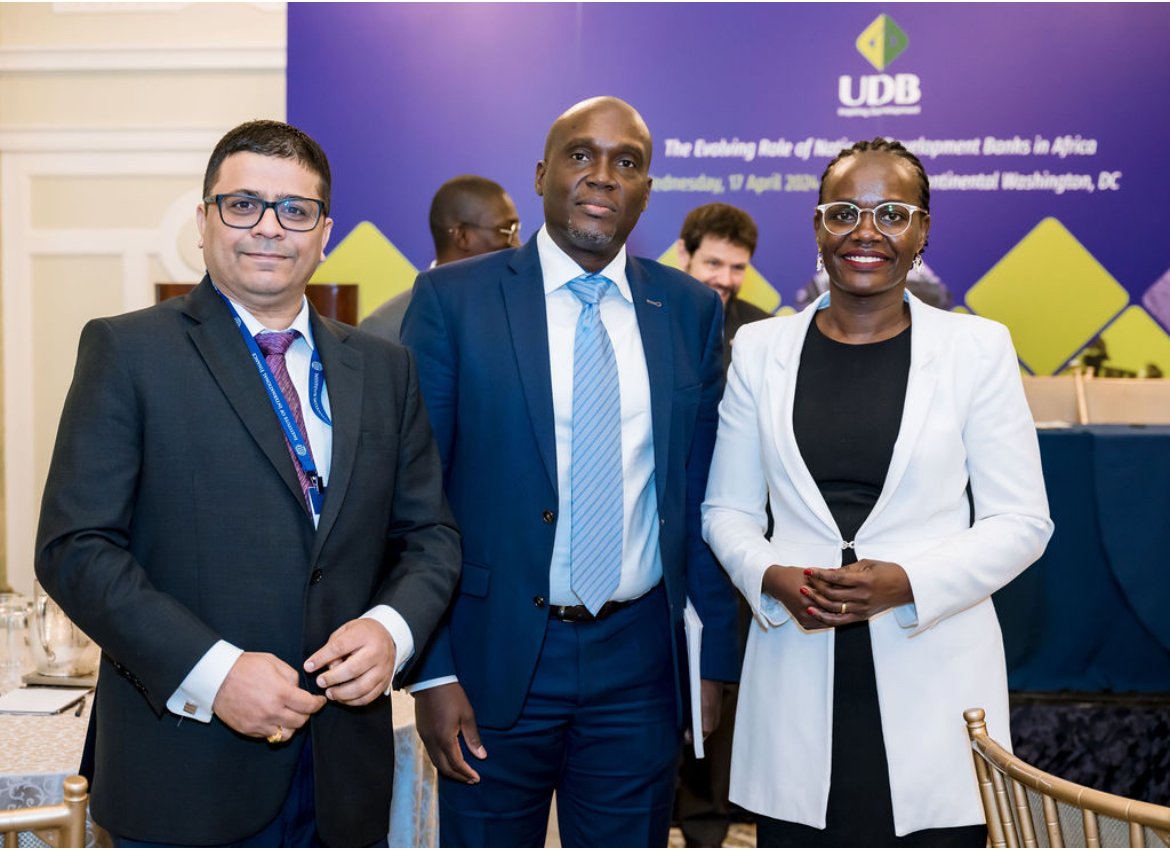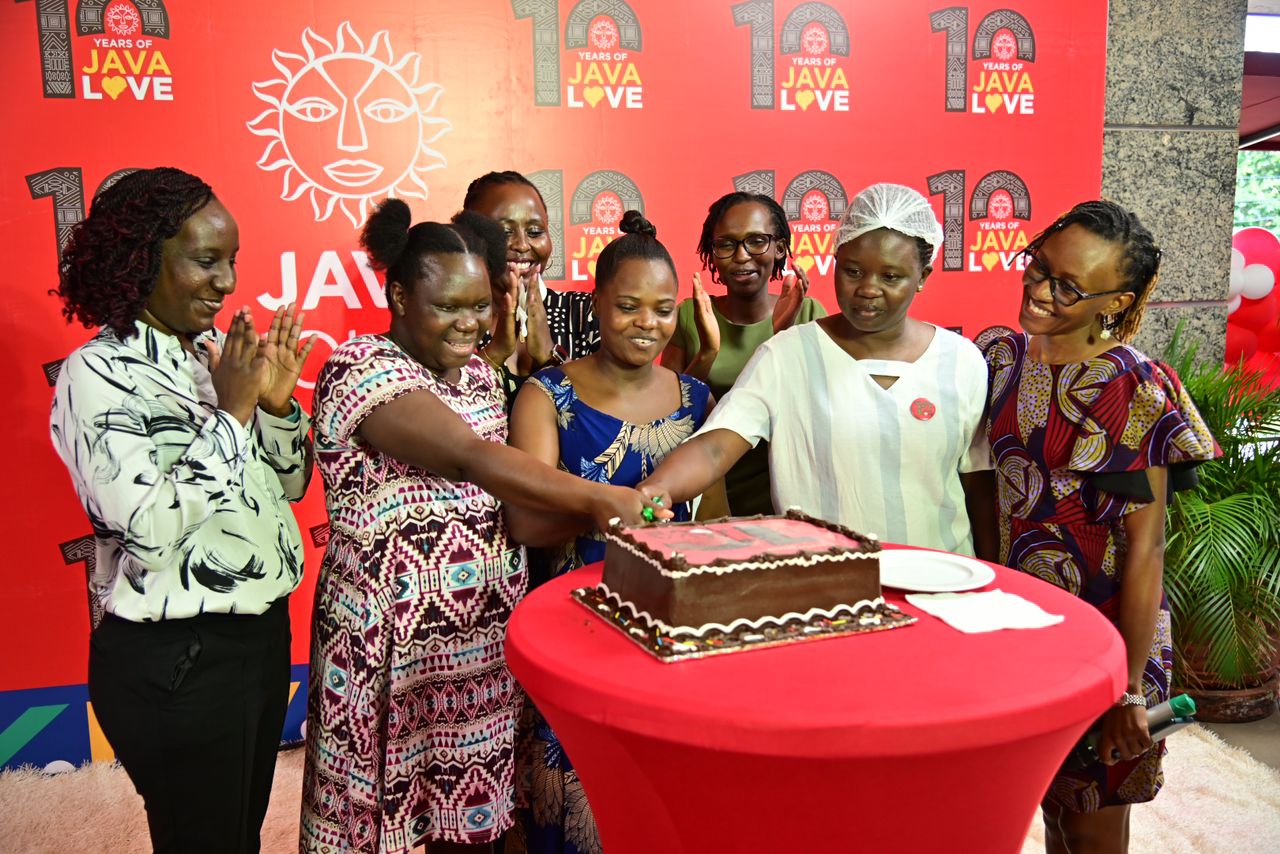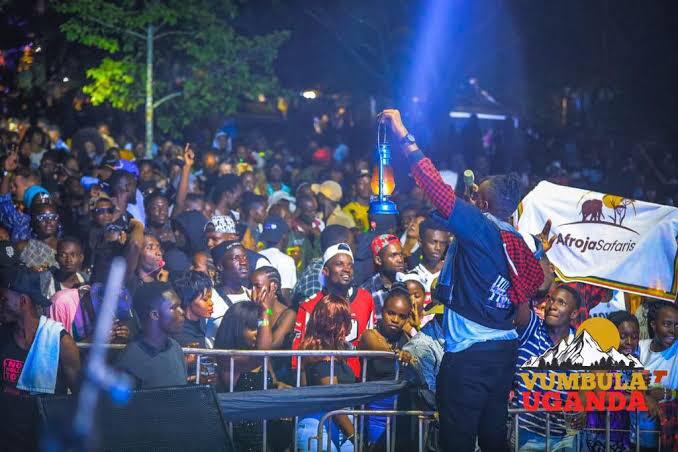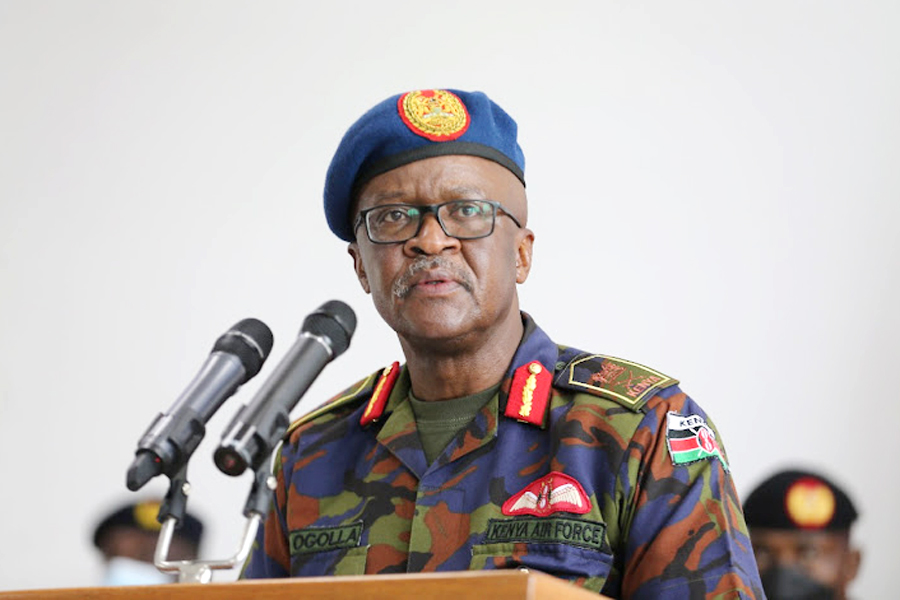Why Uhuru, Raila deal is good for Kenya
SALIM LONE
The mass grassroots movement that rapidly coalesced around the rigged outcome of the August 8 election is easily the largest ever in Kenya’s independent history.
It is notable also because of its immense staying power and its uncompromising demands on not just Uhuru Kenyatta but its own leader Raila Odinga.
Kenya has produced many strong opposition leaders from the first days of independence, but never has the opposition agenda been dictated by the people themselves as in this current resistance movement. Segments of this extremely democratic resistance took on even when Raila seemed to be delaying his swearing-in as the People’s President. Many are doing so again now over the cooperation with Uhuru.
The movement has held together despite its inability to extract any concessions from Uhuru’s regime, and despite the non-appearance of three of the four NASA principals during the January 30 swearing-in.
But it now confronts its greatest challenge as it struggles to understand Raila’s dramatic reordering of Kenya’s political landscape and evolution with his decision to begin a programme of national reform and reconciliation with Uhuru.
Uhuru is considered by most NASA supporters to be the embodiment of injustices this country has witnessed in the last seven months, as well as of the exclusion and impoverishment that has been the lot of most Kenyans and their communities at the hands of a corrupt and massively wealthy elite.
But there was one profound problem for the resistance: Its seven months of protests and mobilisation had made little serious headway in achieving its goals, while tensions, especially ethnic, were mounting.
It was clear to Raila that while the continuation of the strategy of legitimate confrontation had mass support, it could end up in bloodshed, which would set back the entire social democratic struggle and strengthen the hands of those within Uhuru’s camp —who favoured an even less democratic, more force-oriented order.
That is why Raila had always said dialogue with an agreed agenda was the only way to achieve national amity and other political and economic goals.
Uhuru also saw the confrontation was taking its toll and undermining stability and economic activity, as well as the legitimacy of his government. Through intermediaries, Raila learned that Uhuru was willing to make compromises that would deliver desperately needed political and economic reforms.
Raila himself met President Mwai Kibaki, admittedly under somewhat different circumstances, despite the rigging and killings that followed the 2007 election, bringing and end to the ongoing violence.
Similarly Raila’s cooperation with President Moi in the late 1990s had horrified most of his supporters but it was among the key elements for the vast progress that Kenya saw subsequently, including in democratic inclusion and the only honest election we ever had (2002).
So Raila decided he would meet Uhuru in an effort to achieve a peaceful settlement to the divisions that have been ripping Kenya apart despite the adoption of the 2010 Constitution.
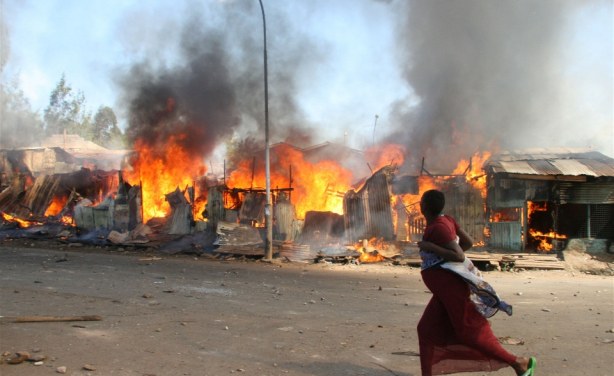 Kenya has experienced post-election violence on many occasions
Kenya has experienced post-election violence on many occasions
There is obvious widespread unhappiness in the base over the Uhuru meeting, but it is primarily over how it was done.
The discontent was expected, how could it not have been when the strategy till now had been to mobilise mass resistance against the Uhuru Ruto regime?
Some of Kenya’s most progressive strategists were taken aback by this abrupt change, but even they do not dispute that dialogue was always the goal. There were reasons for the secrecy behind the meeting, but were its negative consequences not too strong to counteract it?
Has Uhuru not already obtained what he most sought, legitimacy, and a diminution, if not an end to the resistance?
Many also rightly worry about whether someone such as Uhuru can possibly embrace serious change. And that even if he has had an unexpected conversion, how can he bring on board members of the elite who surround him and have prospered mightily under the current arrangements and resisted even small changes?
There is the inevitable propaganda one expects after a radical shift in the political calculus that seeks to portray Raila as having sold out. In his long political career spanning the denial of three presidential electoral victories, Raila has been much sought after by the oligarchs wanting him to join the establishment.
As the only leader in the last quarter century who seriously challenged the status quo with a mass following which kept growing, he would have been a dream catch for them.
He never succumbed, and he was not about to do so in the twilight of a distinguished political career which few African presidents can rival. In fact he has paid a terrible price for his commitment to fight for Kenya’s most deprived and discarded.
Raila will continue fighting for the goals his base ardently seeks. He is not naïve enough to believe that success is guaranteed, and will of course immediately call it off if it is not yielding results.
Some are postulating that Raila moved to work with Uhuru to neutralize other political leaders. This is utter nonsense. Political realignments are inevitable after this profound shift in Raila’s strategy, but those were not his motivation for this initiative.
It’s also utterly counterproductive for Raila’s supporters to attack leaders who are not attacking or undermining him. Kalonzo Musyoka has stood with him through two tough election cycles and withstood enormous pressures to abandon Raila.
We need to respect all those who genuinely disagree with him but are not fighting his last great effort for a much better Kenya.
Those who want meaningful change in Kenya should to support the cooperation with Uhuru that Raila has begun. What other option exists to achieve this outside Raila’s gambit at this moment?
The author is an advisor to Raila Odinga.


